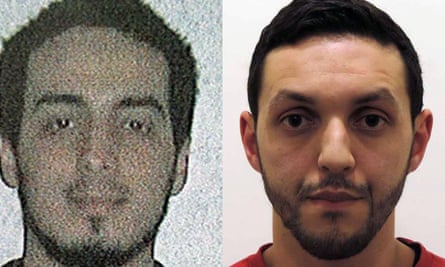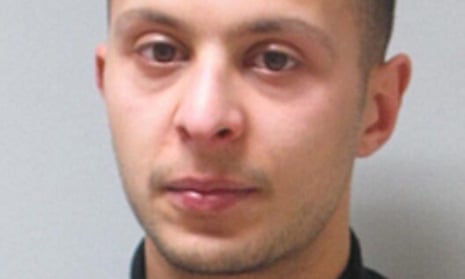Revenge strike? Evidence of a tragic combination of a new cell and incompetent security services? A last effort by the battered network of Salah Abdeslam, the logistician for last year’s Paris attacks who was arrested in Brussels on Friday? Or – given that we still have very few details of Tuesday morning’s events – none of the above?
The explosions in Brussels underline various basic and important points.
The first is that, clearly, any threat from Islamic militants to Europe may rise and fall, but does not disappear when a single figure is arrested, however much he was sought. The “major blow” struck on Friday, as senior policymakers called it, now looks less major.
The second is that both terrorists and those trying to stop them seek to keep the initiative. This has a practical and a psychological aspect. For counter-terrorist agencies, the aim is to get information fast enough to mount raids and sweep up suspects before they even have time to work out who among them has been detained and who might have talked, let alone plan a new strike. Networks quickly fall apart under such relentless pressure, as was shown in Iraq in the middle of the last decade.
For the terrorists, the aim is to show they can still terrorise, mobilise and polarise with violence. This is not so much about revenge, but simply demonstrating a continued capability. They may be down but, they are saying, they are not out.
Isis claimed responsibility for Tuesday’s attacks late in the afternoon. This delay, and the lack of operational details contained in a cursory statement, suggests that the group’s senior leadership in Syria or Iraq were unaware of the strike before it occurred. This would be in line with its strategy of allowing local networks to chose the timing, and targets, of their operations.
It is also very possible that those responsible for the carnage in Brussels wanted to strike before security agencies acted on any information divulged by Abdeslam, who is known to have backed out of a suicide attack and may have been considered by his erstwhile co-conspirators as likely to cooperate with authorities.
Belgium’s foreign minister, Didier Reynders, said on Sunday that Abdeslam had told investigators he was planning a fresh attack in the capital. If it was Abdeslam’s network which launched the attack, then the failure of the security services is even more glaring. It is one thing to be caught out by unknown threats but quite another to miss a known danger quite so spectacularly.
Two men suspected of playing major roles in the Paris attacks and who have been on the run since November may well have played a role in this one. One is Mohamed Abrini, 31, a Belgian of Moroccan origin, who is a childhood friend of Abdeslam from the Brussels neighbourhood of Molenbeek, where several of the Paris attackers were from.
These close contacts between conspirators and friends shouldn’t come as a surprise. The terrorists who shoot or bomb are few in number, but typically depend on an extensive support structure. Police investigating an al-Qaeda attack in Istanbul bombing in 2003 found that several hundred people had an idea of what was being planned but did not tell the police.

It is clear from the amount of time Abdeslam spent on the run that he was looked after by dozens, if not scores of contacts. This is the reality of contemporary Islamic extremism in Europe. It is not about so-called lone wolves or solitary actors, but about a small but significant number people who are deeply embedded in broader communities or neighbourhoods.
These people either share the attackers’ extremist views, or are at the very least prepared to support them out of friendship or family ties, or both. Studies have shown that a very high proportion of militant attackers talk to others in their close social circles, hinting at their plans.
Some go to the police. A tipoff from within the community is believed to have led security forces to Abdeslam last week, according to French media. Others do not.
One problem for security services is that individuals who have only supported militants without acting violently themselves can easily and swiftly become bombers or gunmen in certain circumstances – such as the detention of a key member or orders from more senior commanders perhaps outside of the country.
Despite the global vision of the extremist ideologues and the portrayal of groups such as Islamic State and al-Qaida as international, however, such activism is fundamentally local.
Over the last decades, almost all attacks in Europe have involved local people attacking local targets with locally sourced materials and weapons. This is likely to be the case here too.
